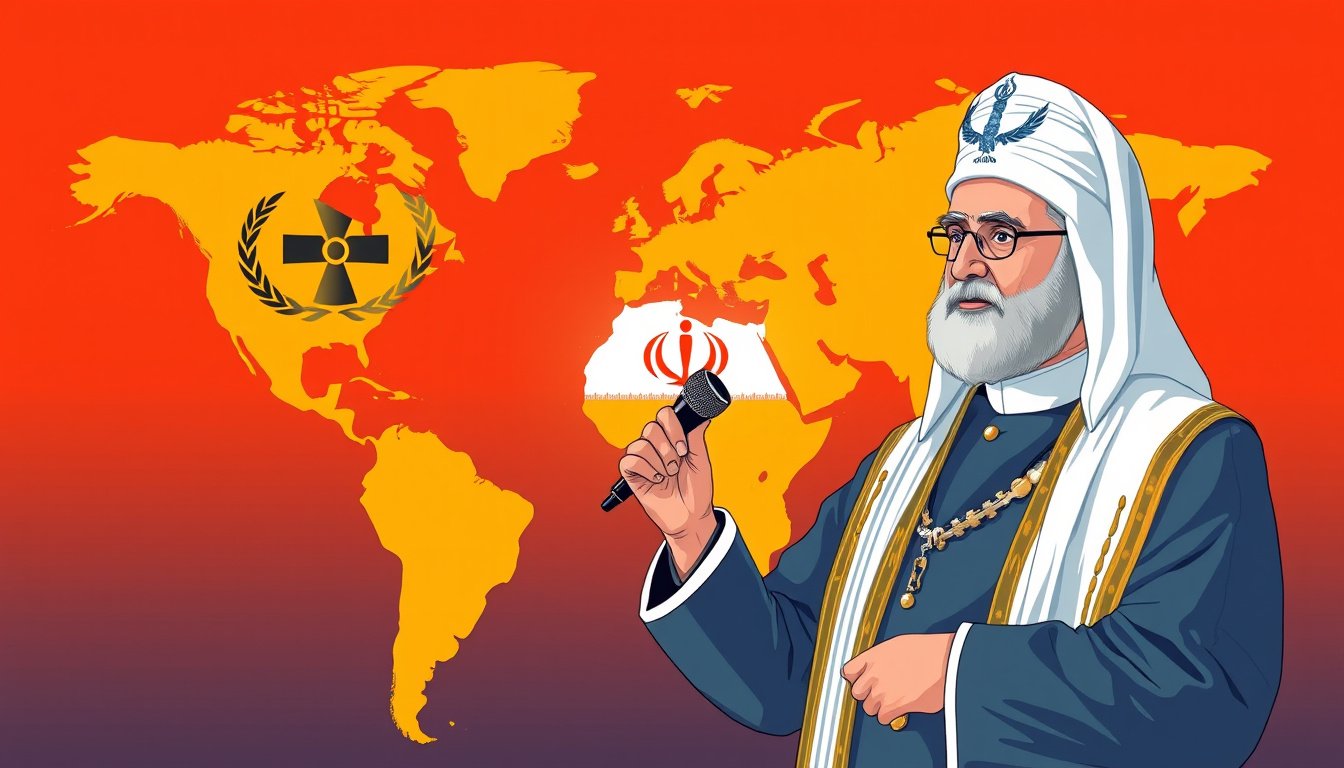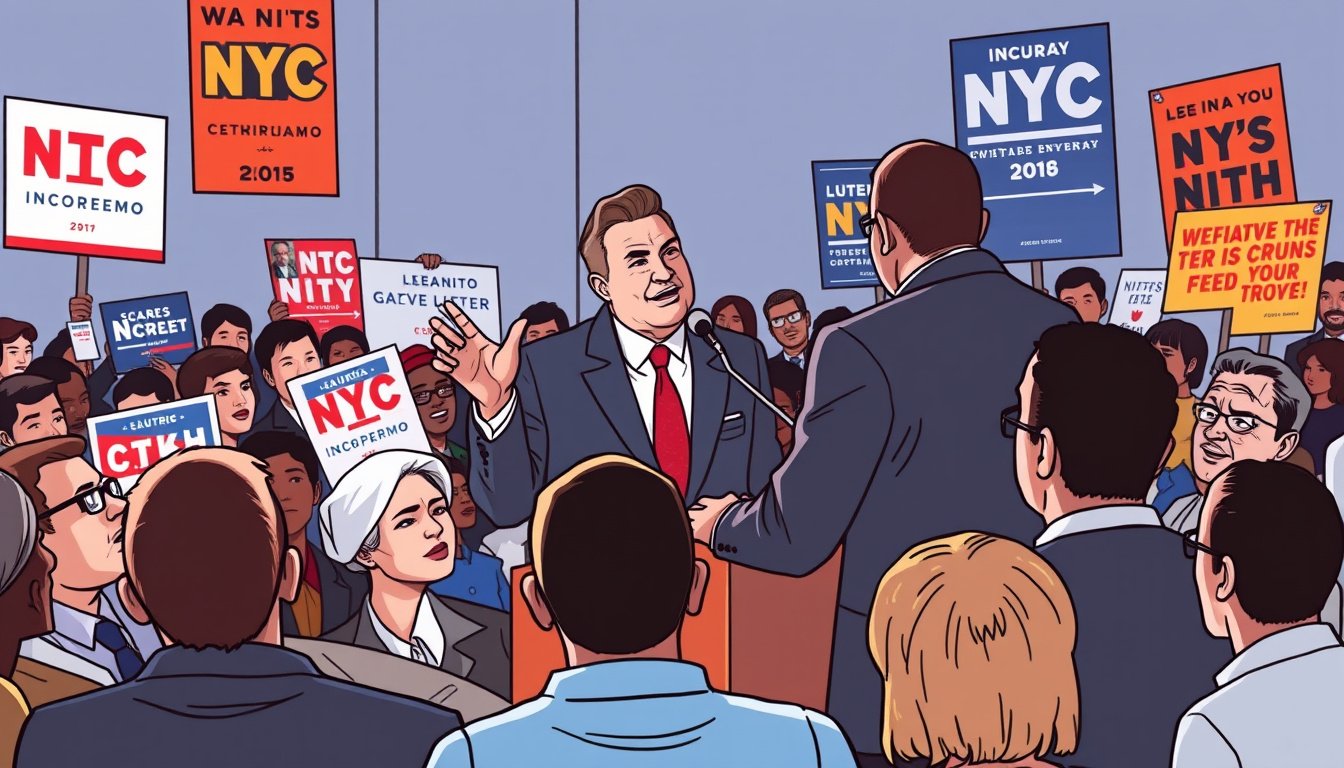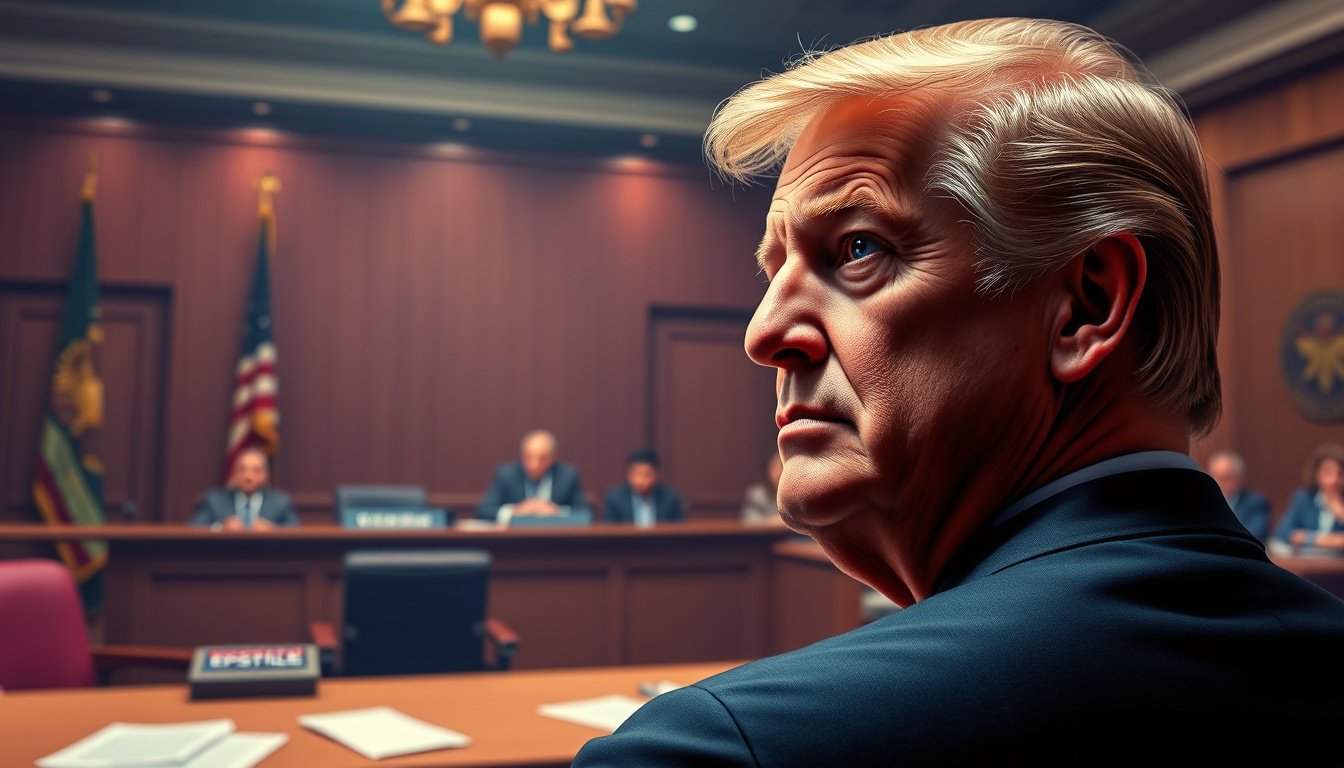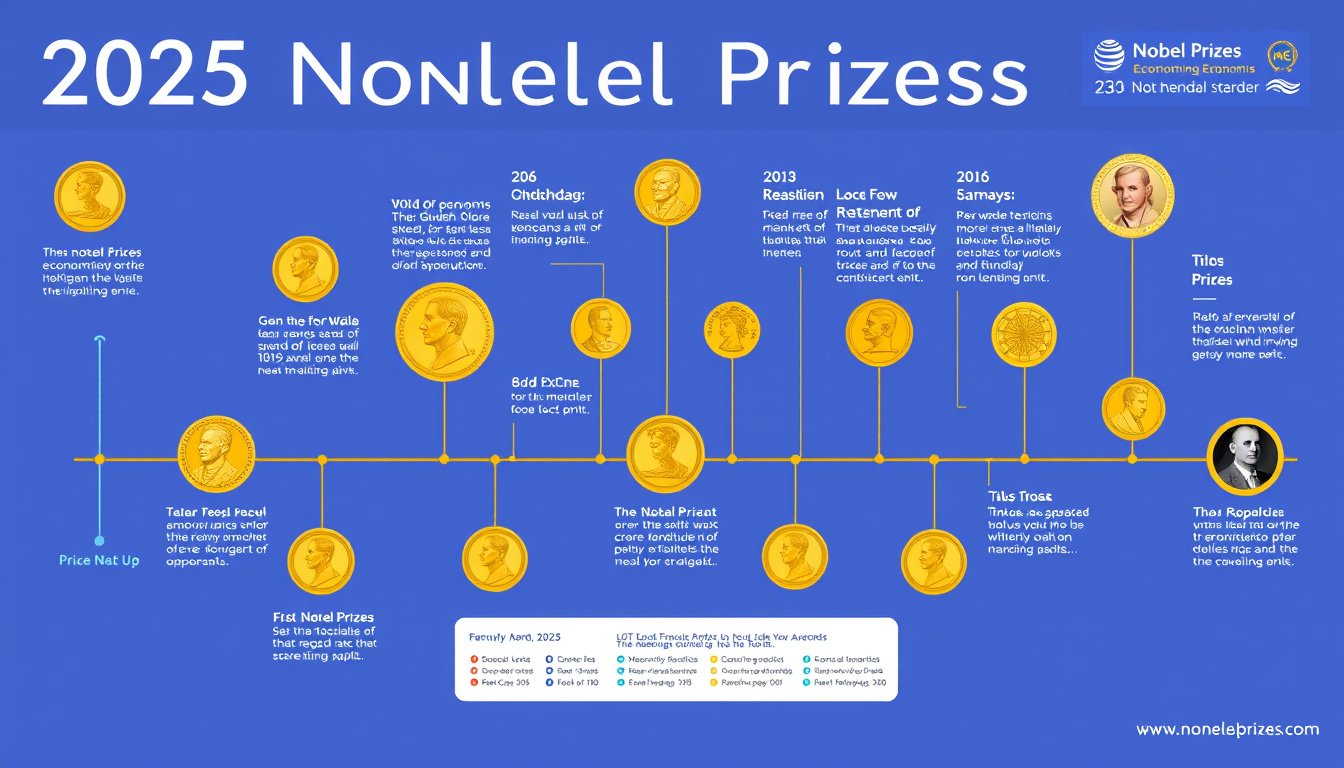The International Atomic Energy Agency (IAEA) has issued a stark warning that Iran is poised to resume uranium enrichment within a matter of months, despite recent airstrikes aimed at crippling its nuclear program. Rafael Grossi, the IAEA Director General, emphasized in a recent interview that while the targeted attacks inflicted significant damage on Iran’s nuclear sites, they stopped short of completely dismantling the country’s enrichment capabilities.
Israeli and US military strikes conducted in mid-June targeted key nuclear facilities and personnel, with the explicit goal of halting Tehran’s suspected ambitions to develop nuclear weapons—a claim Iran has consistently denied. However, intelligence assessments concur with Grossi’s view, estimating only a short delay of one to two months in Iran’s production timeline.
Grossi highlighted uncertainties surrounding the status of Iran’s enriched uranium stockpile, estimated at around 408 kilograms of highly enriched material. He noted that some of this material might have been relocated prior to the attacks, while other portions could have been destroyed. This ambiguity underscores the challenges faced by inspectors, who are currently barred from accessing Iran’s nuclear sites following the strikes—an impasse that pushes Tehran closer to potentially withdrawing from the nuclear non-proliferation treaty.
The suspension of IAEA inspections and the Iranian government’s vocal criticism of the agency have complicated diplomatic efforts. Tehran alleges that previous IAEA reports on non-cooperation were exploited as justification for Israel’s military actions, a claim Grossi firmly denies. He reaffirmed that inspectors have uncovered no evidence of active, systematic efforts by Iran to develop nuclear weapons.
Tensions remain elevated, with Iran questioning the durability of recent ceasefire terms and signaling readiness to respond forcefully to any further aggression. Meanwhile, negotiations involving potential sanctions relief in exchange for curbing uranium enrichment face uncertainty, as Tehran remains unwilling to relinquish its enrichment activities after multiple negotiation rounds.
This critical juncture poses profound implications for regional stability and global non-proliferation efforts. The IAEA’s warnings highlight the urgency of renewed diplomatic engagement to prevent further escalation and to ensure rigorous monitoring of Iran’s nuclear intentions. As the international community watches closely, the coming months will be decisive in shaping the future direction of Iran’s nuclear program and broader Middle Eastern security.










